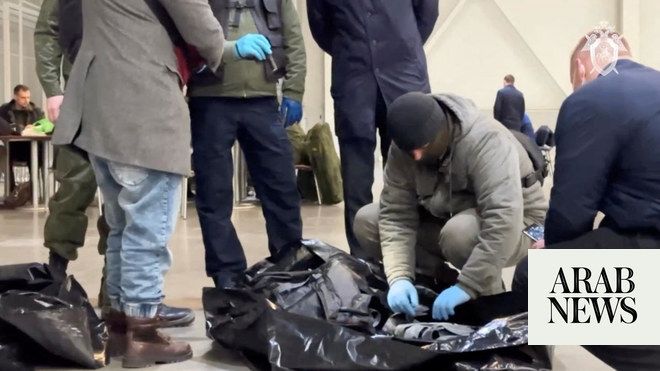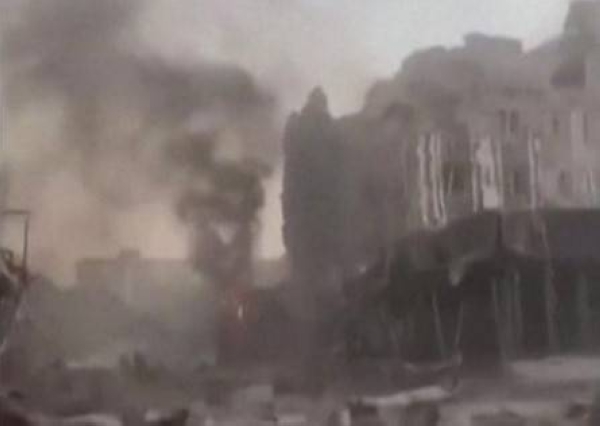
Growing Russian influence in eastern Europe is driving a worsening HIV epidemic, health leaders have warned.
In eastern Europe and central Asia, new diagnoses of HIV have risen 20% since 2010, while Aids-related deaths have gone up 34% – the fastest rates of growth globally.
Most new infections in the region are among “key populations”, including people who inject drugs, sex workers and gay men, and their sexual partners.
Efforts to improve treatment and prevent infections are being hampered by Russian-linked propaganda against targets including opioid replacement therapy services, which reduce the risk of HIV infection among people using drugs, and the LGBTQ+ community.
Meanwhile, “foreign agent” laws in a number of countries, following a pattern established in Russia, require charities and organisations receiving overseas funding to register and impose onerous reporting requirements. This has forced some charities to withdraw, a media briefing at the 25th international Aids conference was told.
Michel Kazatchkine, special adviser to WHO Europe, said Russian influence in neighbouring countries was “clear and growing”, including funding for security services and interior ministries. “It’s further funding propaganda, and it’s conducting a rapid Russification of occupied territories,” he said.
Laws and policies in many of the region’s countries were significant obstacles to people accessing healthcare, he added, with sex work, the possession and use of drugs, and same-sex relationships frequently criminalised.
Giving an example of harmful Russian propaganda, Kazatchkine said a fragile opioid agonist therapy programme in Kazakhstan was now almost closed. He had been part of a delegation that met the country’s president to advocate for the project.
“The president told us that he hears from some that it is effective, that it is safe, that it is linked to the western world and he hears from others – without really specifying who those are – it is ineffective, that it is keeping a population on narcotics, and that it is against the traditional and national values and to be combated, so he clearly said that there are these two forces opposing.”
Natalia Nikitenko, a former member of parliament in Kyrgyzstan and a member of the Eastern and Central European and Central Asian Commission on Drug Policy, said many central Asian countries had large migrant workforces in Russia. Those who are HIV positive or use drugs are afraid to take therapies with them because of the risk of deportation, she said.
In Ukraine, after disruption caused by the Russian invasion, the national HIV care programme has resumed services and numbers on therapy have started to increase again.
However, Andriy Klepikov, the executive director of the Ukrainian charity Alliance for Public Health, said it had been forced to take a wider humanitarian approach than before the war. He said: “If someone asks for food, I cannot say, ‘Sorry, I have only condoms for you.’”












